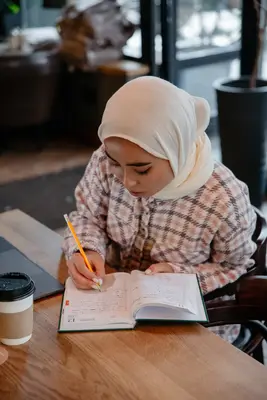
Taliban bans women from universities in Afghanistan Crédit d'image :
Publié le 26 décembre 2022, par Samir | 12 h 16 min
Temps de lecture : 2 minutes
Teachers in Kabul reported that Taliban security troops spread out to various universities and informal educational institutions on Wednesday, enforcing an order that appeared to bar most girls from continuing their education past the sixth grade. « Some students started verbal arguments with them, but they didn’t listen. My students left their classes, crying, » said Waheed Hamidi, an English-language teacher at a tuition center in Kabul. Observers anticipated and feared the move as Mullah Haibutullah Akhundzada, the supreme leader of the Taliban, imposed his ultra-conservative vision of Afghanistan, even by the standards of the hardline party. « I genuinely think that the man in charge thinks that this is what an Islamic society ought to look like, » says Obaidullah Baheer, a Kabul-based lecturer at the American University of Afghanistan. He said, « he had this view of where women or young girls should be within the society, which is within their households. So I guess this is gender apartheid. This is nothing short of that. » The Taliban have been in charge of various educational policies ever since taking office in August of last year. They permit girls to attend until the end of primary school in the sixth grade. However, they had broken their pledge to enable most girls to return to class in March, when the academic year began, by preventing them from enrolling in formal secondary education. However, some girls in far-off provinces continued to attend high school, and an undetermined number also took unofficial courses at tuition centers. And in a bizarre turn of events, the former minister of higher education, Abdul Baqi Haqqani, permitted women to enroll in universities, though with tight restrictions like face coverings and strict segregation. However, in October, Nida Mohammad Nadim, a well-known hardliner who had previously voiced his objection to women attending school, took Haqqani’s place. His friendship with Akhundzada is well-recognized. According to a Ministry of Higher Education mandate, women were prohibited from enrolling in public and private higher education institutions until further notice. Officials from the Taliban have ignored many requests for an explanation of the action. At first, it was thought that the ban only applied to women enrolled in universities. Wahidi, an English teacher, claimed on Wednesday morning that Taliban security personnel were preventing girls from coming to his facility. After storming into one class, they stood at the center’s door and told girls to go home, he said. « They stood there for two hours, » he said. « They came and warned us [that they would take] physical actions if we continue teaching English for girls. » The decree, which returns Afghanistan to the time under the Taliban’s initial rule when girls could not enroll in formal education, has drawn condemnation from the UN and many other nations. The UN’s Special Rapporteur to Afghanistan said it was « a new low further violating the right to equal education and deepens the erasure of women from Afghan society. » The international community promptly denounced the Taliban’s action. But more than a year after the Taliban took over, with many Afghans needing jobs, assistance, and asylum, it wasn’t well received. |
jeu. 10 Sha'bane
الخميس 10 شعبان |
| Contact | Mentions légales | A propos | Ressources | Blog | Glossaire | Questions réponses sur l'islam |
| Devenir musulman - Islam et terrorisme - Se convertir à l'islam - Prénom musulman - Roqya |
| English : al hamdulillah | Arabic : الحمد الله al-hamdoulillah.com © 2026 |